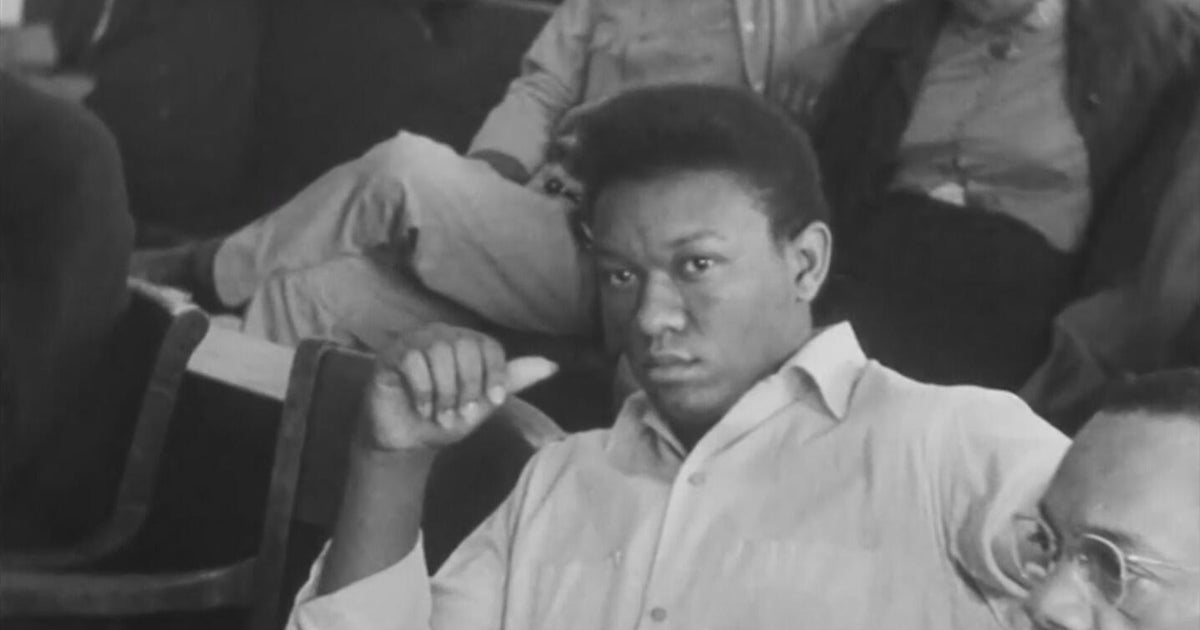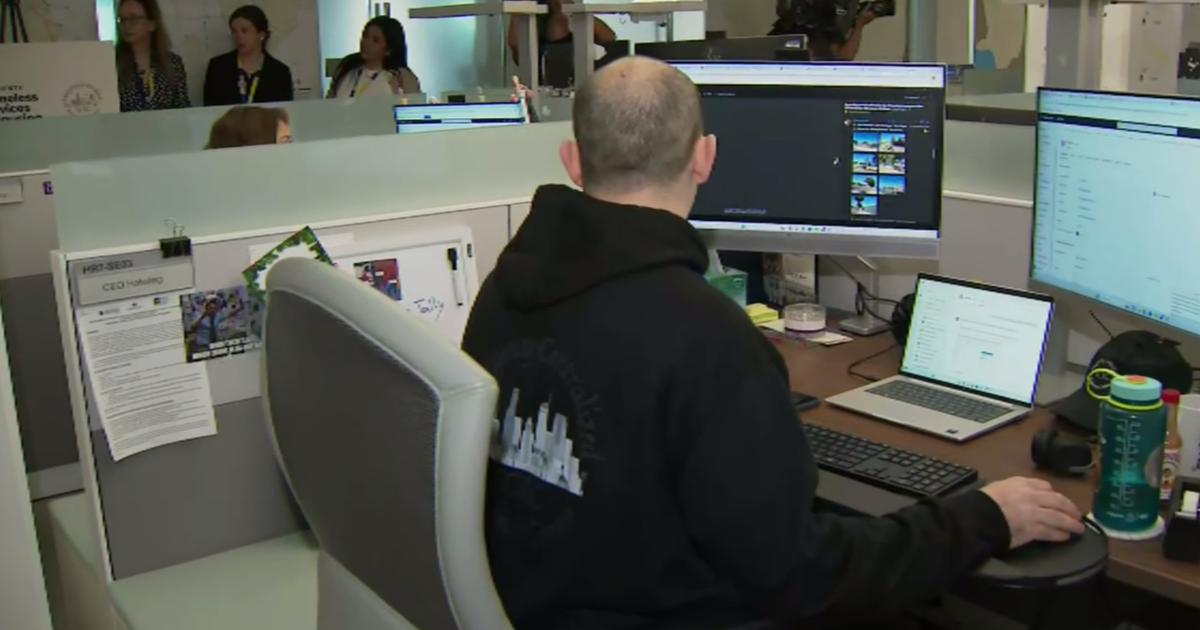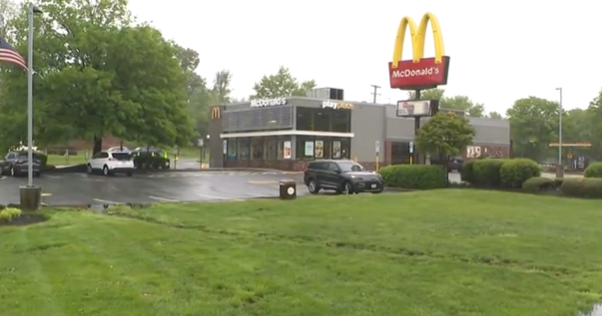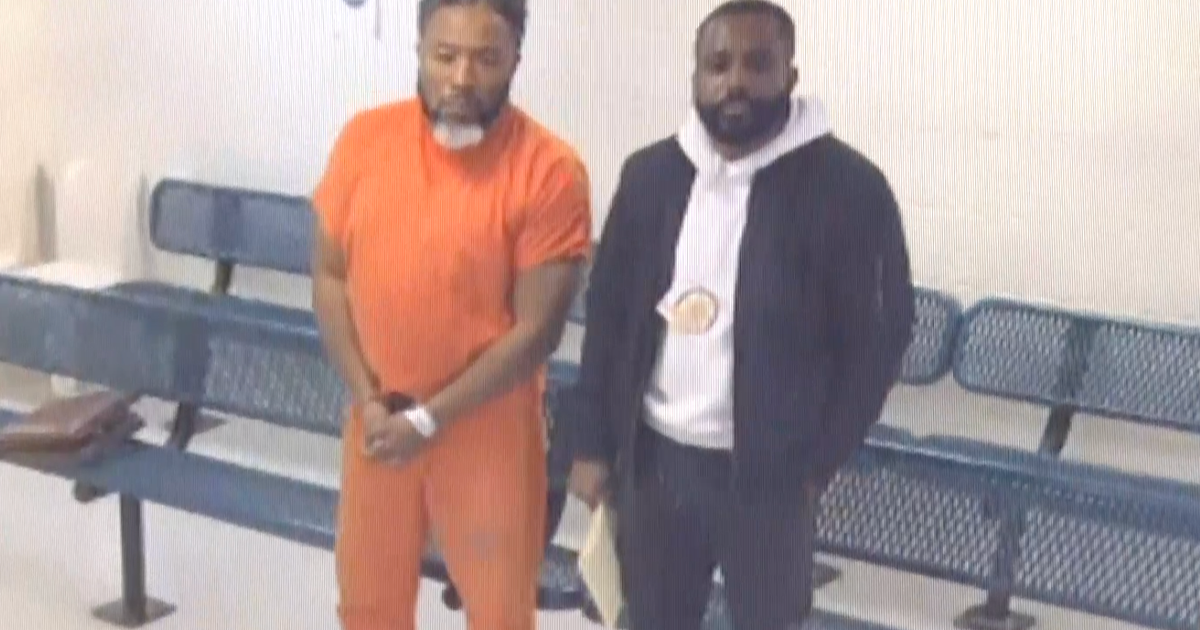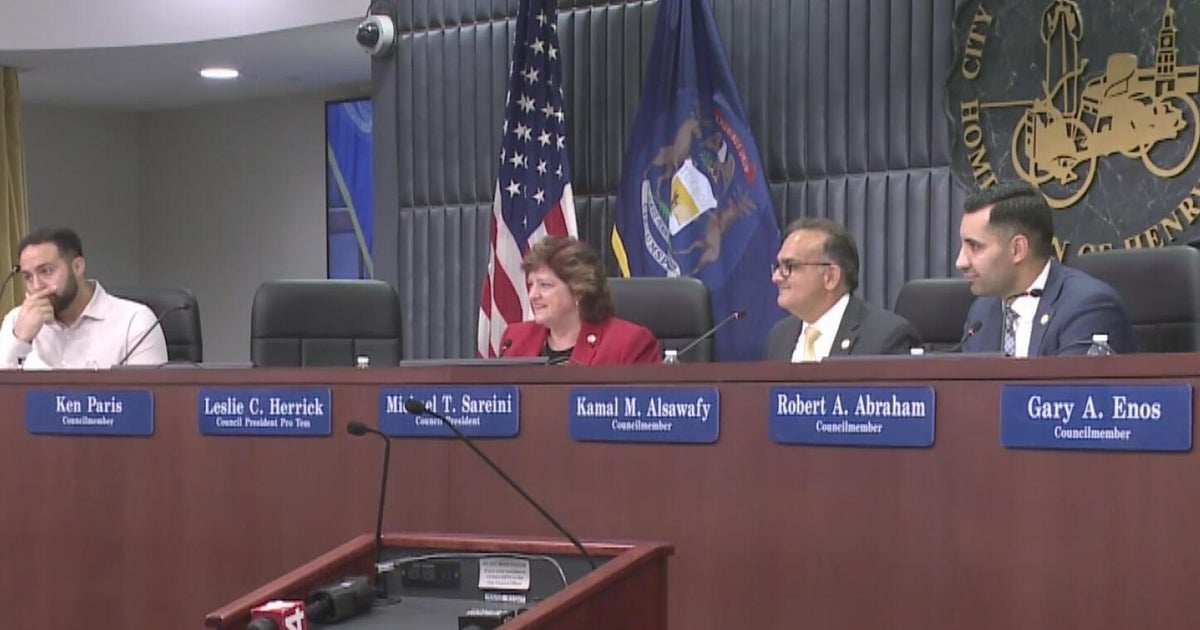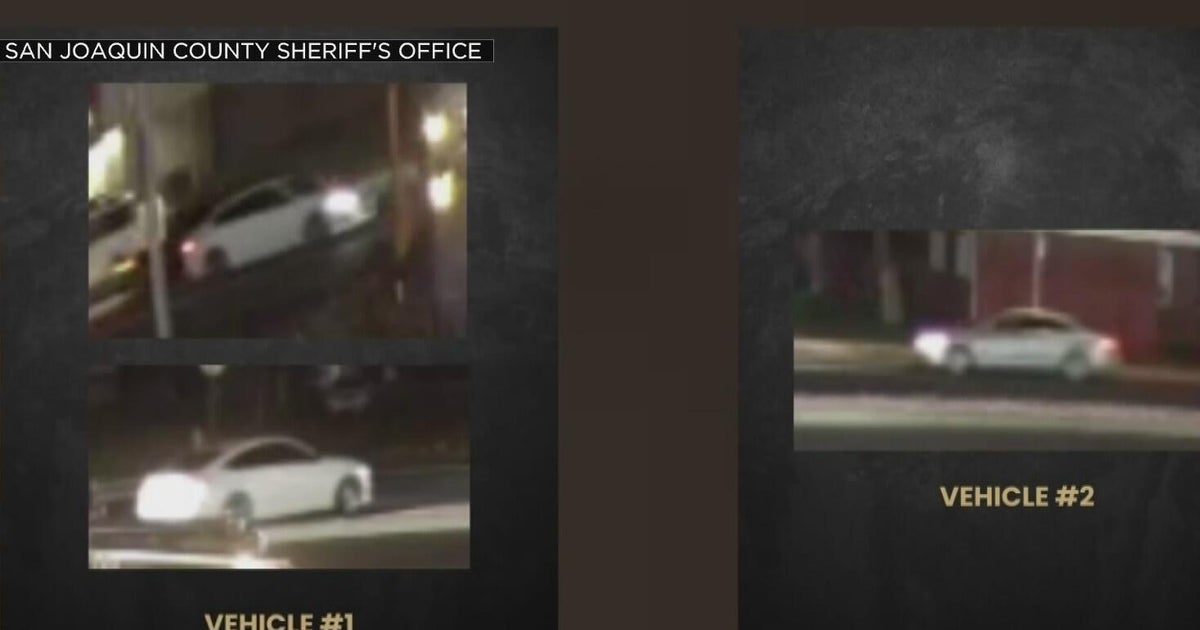Scott Peterson's defense team can review decades-old evidence, judge rules
REDWOOD CITY -- Another twist in Scott Peterson's ongoing fight to prove his innocence: a judge granted access to decades-old evidence. This development comes nearly two decades after he was convicted for the 2002 murder of his pregnant wife, Laci, and their unborn son, Conner.
San Mateo County Super Court Judge Elizabeth Hill ruled that Peterson's defense team could review previously undisclosed materials that could support their claims of trial irregularities and potential evidence mishandling. This access includes DNA evidence and other forensic materials that Peterson's team, the Los Angeles Innocence Project, believes will support their case for his new trial.
Peterson was sentenced to death for the 2002 killings. However, in 2021, his sentence was reduced to life in prison without the possibility of parole. The following year, a request for a new trial based on claims of juror misconduct was denied.
He has long maintained his innocence.
Peterson's team requested access to 600 pieces of evidence from agencies that included the Modesto Police Department, the Stanislaus County Sheriff's Office and the Modesto Fire Department. Of those hundreds of requests, the court only granted access to around three dozen requests.
Some of the evidence requested were audio and video recordings and transcripts of interviews conducted by the Modesto Police Department related to a burglary at a home near the Petersons, around the same time Laci disappeared.
Peterson's family and attorneys have argued Laci could have been killed in a botched burglary, but investigators who worked the case cleared the suspects and confirmed their alibis. The burglary occurred at the Medina home on the same street, but investigators say it happened two days after Laci disappeared.
Related to this theory, Peterson's team was granted access to video and audio recordings, handwritten notes taken by Modesto Police officers, and interviews documenting whether the Medina family were shown jewelry collected during searches. They will also be able to review photos taken of evidence found as part of this investigation.
"There is a reasonable basis for concluding that such interviews occurred and that reports of those interviews exist," the judge wrote in court documents.
Another theory presented to the court by Peterson's team is that a burned-out orange van found less than a mile from the Petersons' home, around the same time as Laci's disappearance, could have been linked to her death. They requested a list of evidence related to this fire investigation and reference a former Modesto Fire Investigator's claims that the fire was not properly investigated at the time.
Much of this request was not granted access, but Peterson's team will be able to review a complete color copy of the crime lab file, including all bench notes, diagrams, DNA reports, and all documents regarding the testing of the items collected.
With this access, the judge noted: "The court does not view the orange van evidence as casting doubt on Peterson's guilt, because no witness or forensic evidence obtained ever established that Laci Peterson was in the orange van. However, it is apparent based on the cross-referencing of the investigation of the two cases that the orange van was 'part of the investigation of the offenses charged.' "
Judge Hill ruled on DNA testing in July that a piece of duct tape found on Laci's pants during her autopsy could be tested but the results would be sealed. According to court filings, the results have been filed with the court in August, but are sealed.
These discovery rights granted by the judge are done so under the California code that a defendant convicted of serious or violent felonies and sentenced to 15 years or more in jail may have access to materials to which they would've been entitled at the time of the trial.
